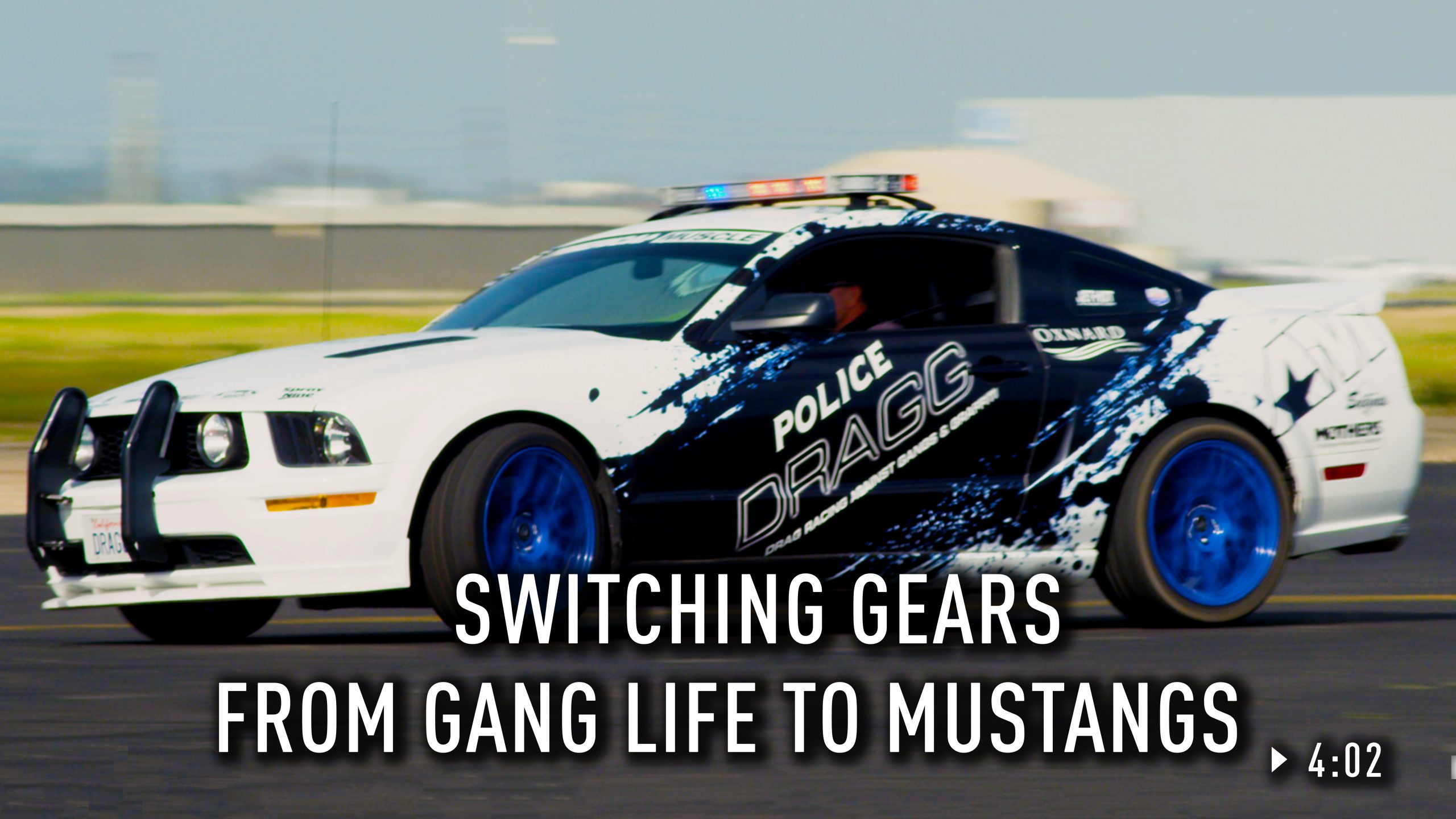If you take a Saturday morning hike at Griffith Park in Los Angeles, you might be in for a treat. We’re not talking about the stunning cityscape view from atop the observatory, or even the possible celebrity sitings along the way.
Hint: when we say “treat,” we mean it literally.
Twice a month, the Angel City Pit Bulls dog rescue nonprofit goes for a Pack Hike in Griffith Park with upwards of 40 dogs in tow.
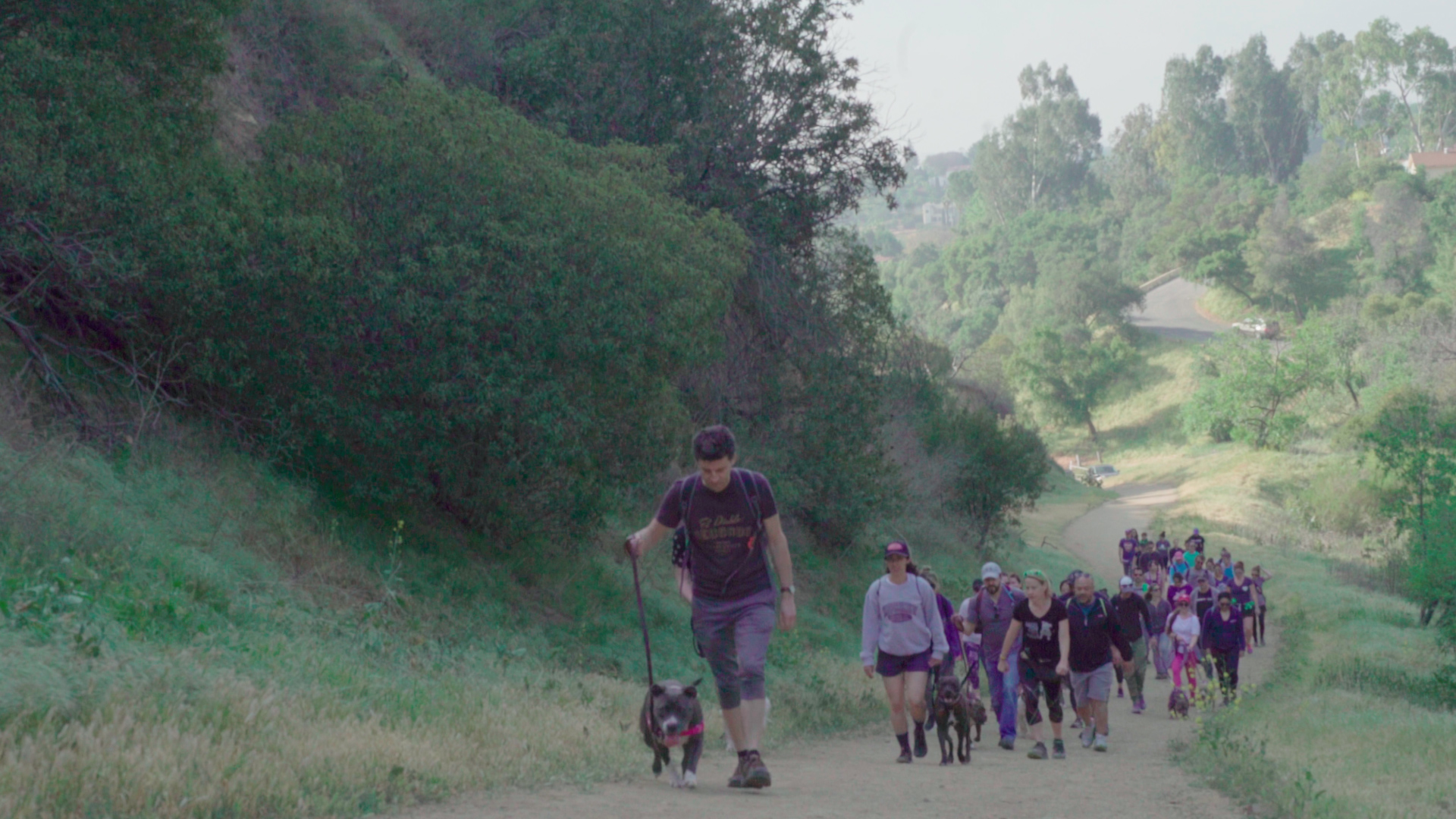
The Pack Hike is an opportunity for the entirety of the ACPB community to get together for a walk. This group includes pit bulls that are currently living with foster families, ACPB alums and success stories, and even non-pit-bull dog-owners who simply want to join an eclectic group of fellow dog-lovers for a fun time. Pit bull enthusiasts from as far as San Diego come to the Pack Hike, and even groups of students from local universities have been known to tag along.
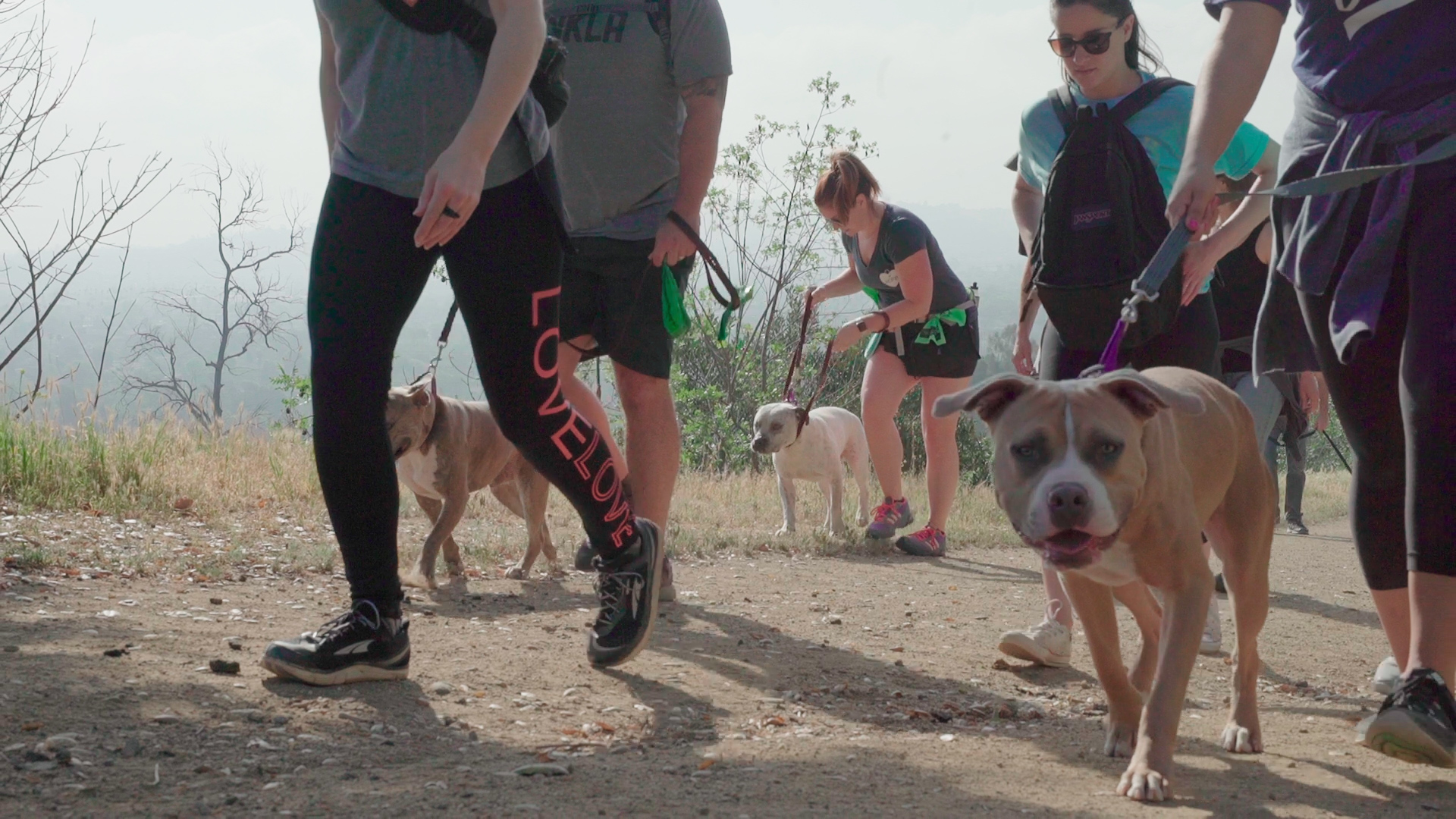
Adoptable pit bulls sport purple “Adopt me!” bandanas for the hike, their tongues flopping happily out of their wide mouths. Understandably, this canine crew makes for quite the scene during their hike.
Keith Tripler, the Events Coordinator for ACPB, says most other hikers respond very positively to this hoard of hiking pit bulls. “A lot of times we’ll get people just completely melting down and just being in awe of all these amazing dogs,” he says. “I’ve heard people say, ‘Oh there’s the pit bull hike!’ It’s really great.”
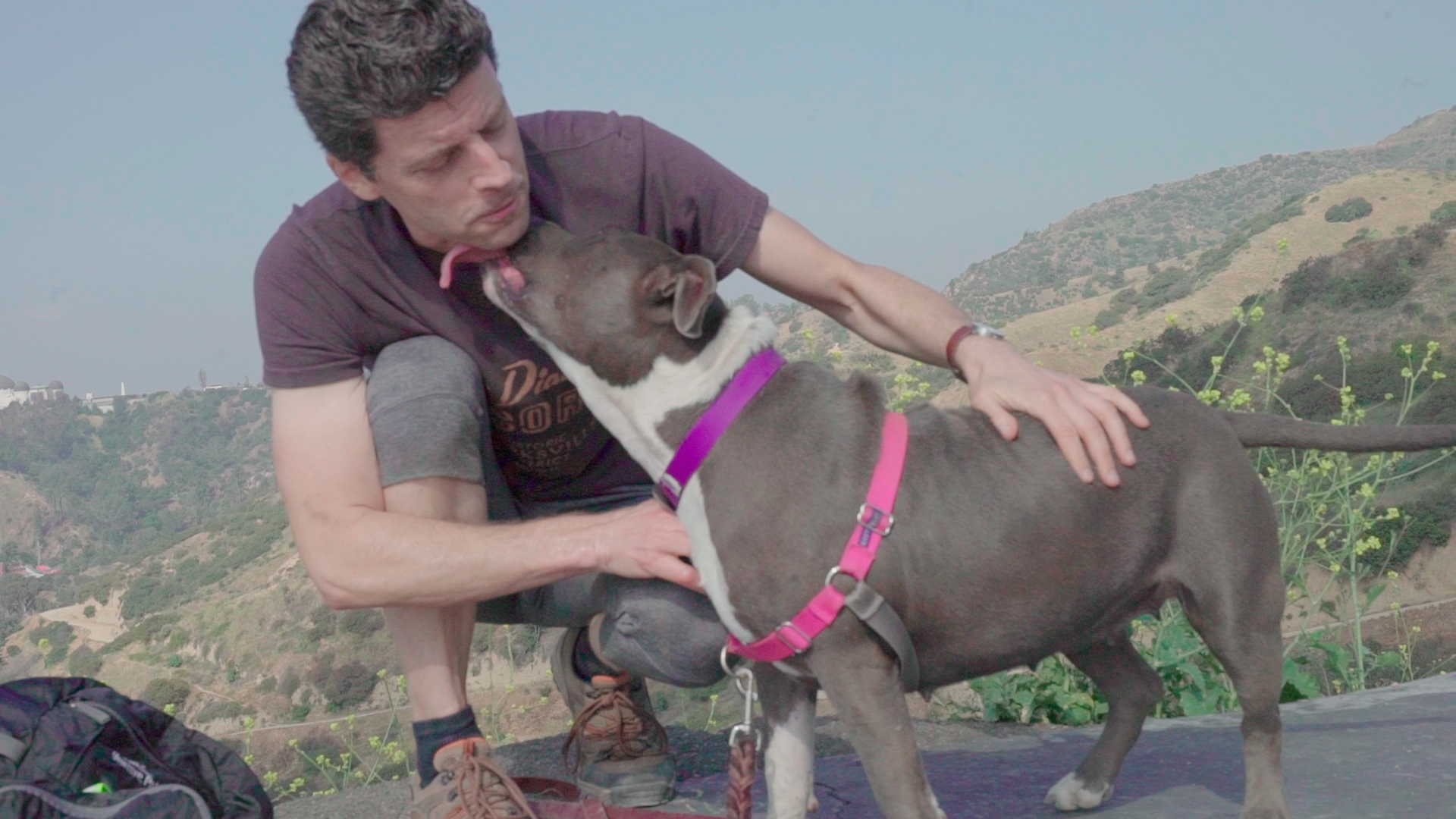
So, why pit bulls?
Tripler explains that despite being completely loving and loyal companions, the breed gets a bad rap. “A lot of times these dogs are mutts, and they’re being judged based on how they look, not on how they act,” he says. “And we all as people know it’s very unfortunate when people are judging you based on the way you look and not how you’re behaving.”

The term “pit bull” has become a catch-all umbrella term that shelters often use to describe almost any large, unidentifiable mutt. Actual pit bulls descend from the American Pit Bull Terrier, but through an abundance of backyard breeding many of ACPB’s dogs have uncertain genetic makeups.
These unknowns and misconceptions can pose a huge issue for potential adopters whose apartment landlords have no-pit-bull policies. Such discrimination has perpetuated the false pit bull stereotypes about aggression and behavior. ACPB is hoping to work directly with landlords who impose these antiquated rules by addressing what they’re specifically worried about when it comes to housing pit bulls, and then developing ways for everyone involved to cohabitate in harmony.
That’s why the work ACPB is doing is so crucial. “In LA, pit bull type dogs are the ones you see the most in the shelter,” Tripler says, “and the ones that really need the most help in a lot of ways.” This help takes many forms within ACPB.
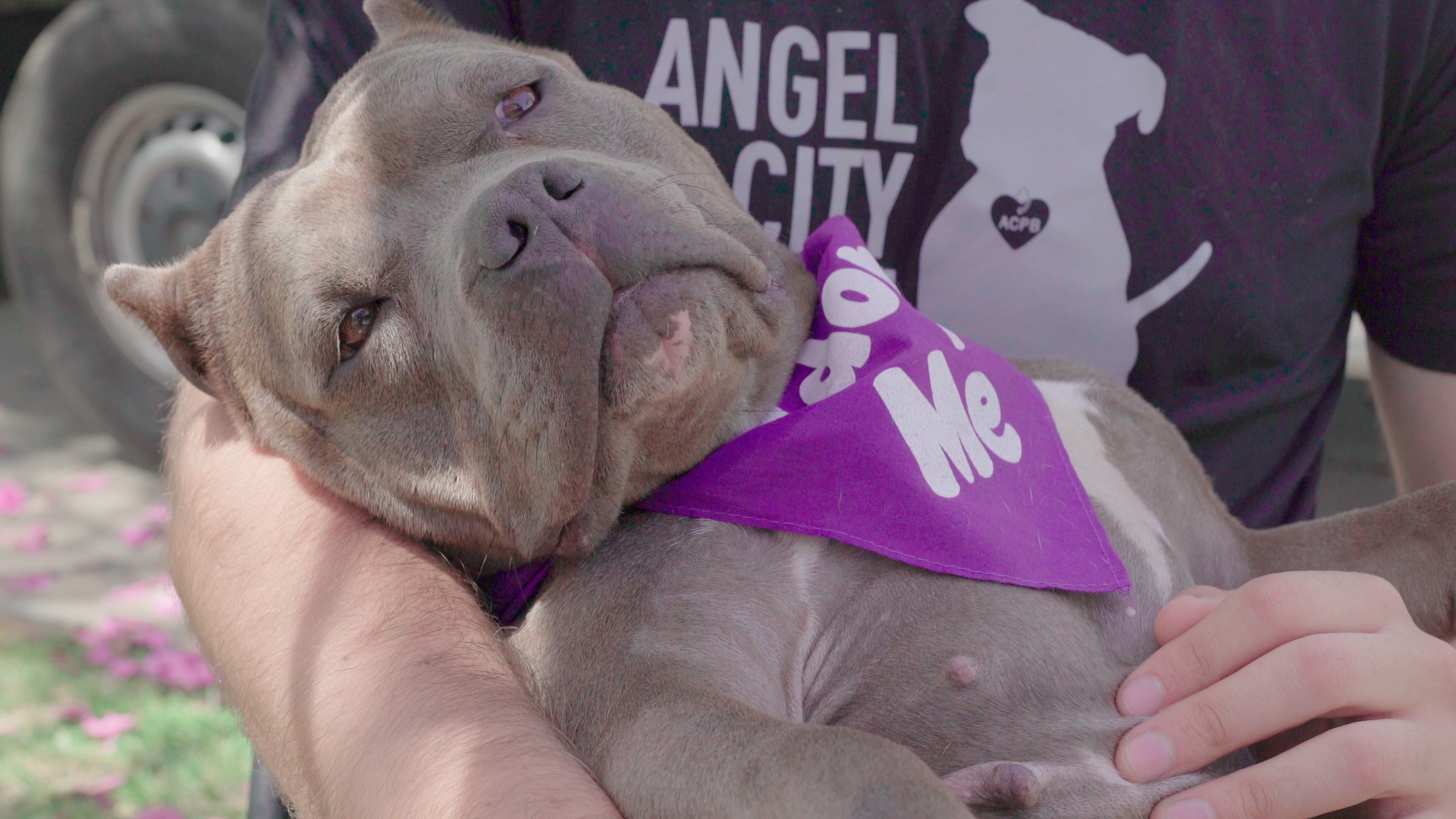
The three core principles of ACPB are to Educate, Advocate and Celebrate. With these pillars in mind, they place pit bulls with foster families–and have anywhere from 30 to 40 dogs in foster homes throughout the city at any given time–they provide free training classes for pit bull owners, facilitate targeted spay/neuter programs, and cultivate alumni support through events like the Pack Hike.
These programs make ACPB so much more than a typical dog rescue. “We always make sure when we are adopting out a dog, that the person comes into the family,” says Tripler. “It’s not something where we hand you a dog and say ‘Ok, good luck.'” When you adopt from ACPB, you get even more than a new best friend. Tripler says, “We have a network of volunteers that help out with walks, we have free training, we have an alumni coordinator that reaches out to people to make sure they’re doing all right.”
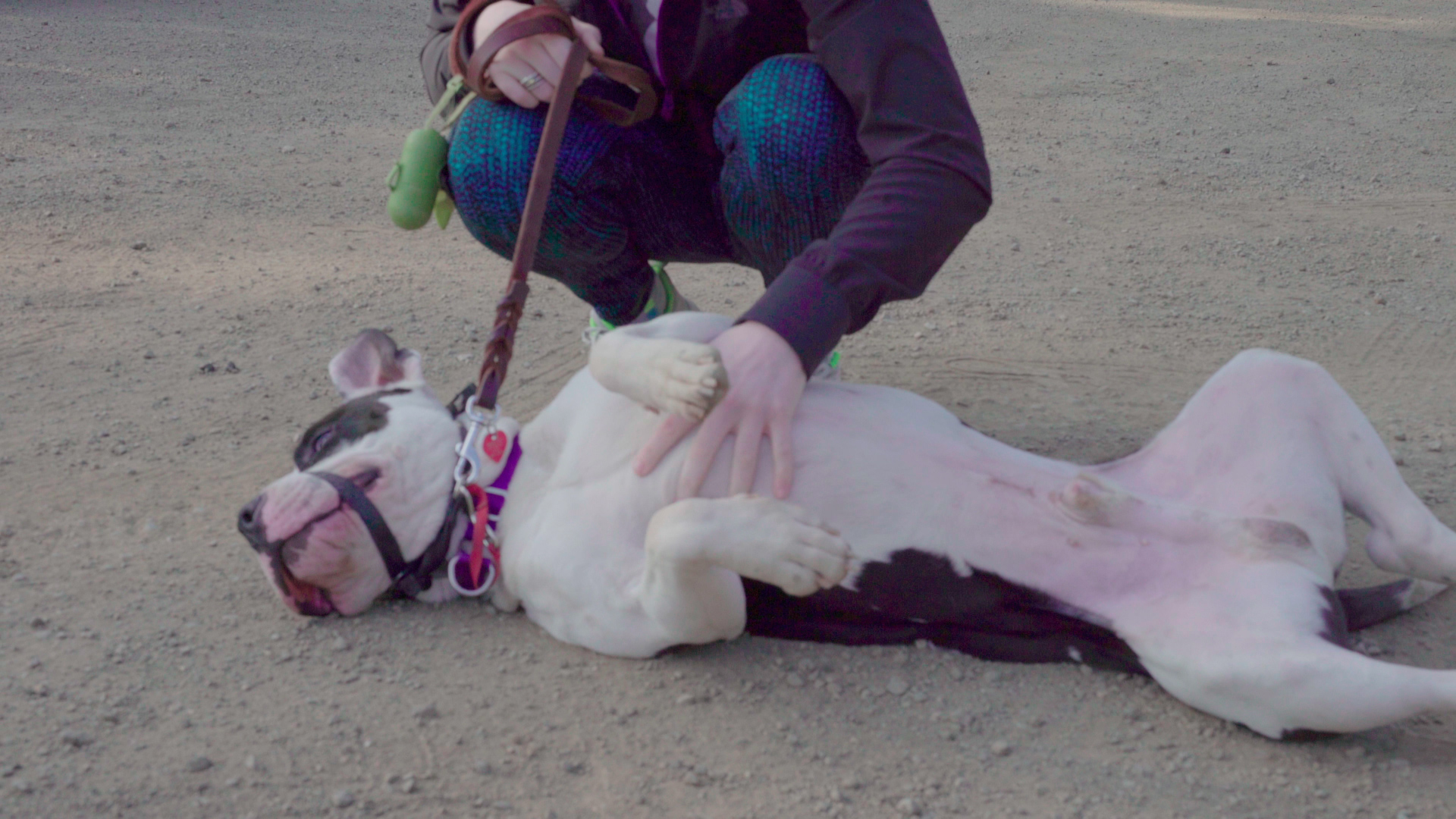
ACPB gets their dogs from various shelters throughout LA, but their main source is the South LA Animal Shelter. They are also an NKLA (No Kill LA) coalition partner, committed to making LA a no-kill city. In 2017, ACPB rescued over 175 dogs, and they’re showing no signs of slowing down in the years to come. “It’s such a rewarding experience,” says Tripler of finding a dog a forever home. “They’re so happy and excited and loyal and really just looking for someone to love. It’s that feeling of, we put together two pieces of a puzzle that were always meant to be.”
While ACPB deals specifically with pit bull adoption, they’re ultimately advocates for all dogs in shelters needing to be rescued. “By all means, adopt, don’t shop,” concludes Tripler. “Any kind, any size, there’s always a dog in a shelter that needs a home.”
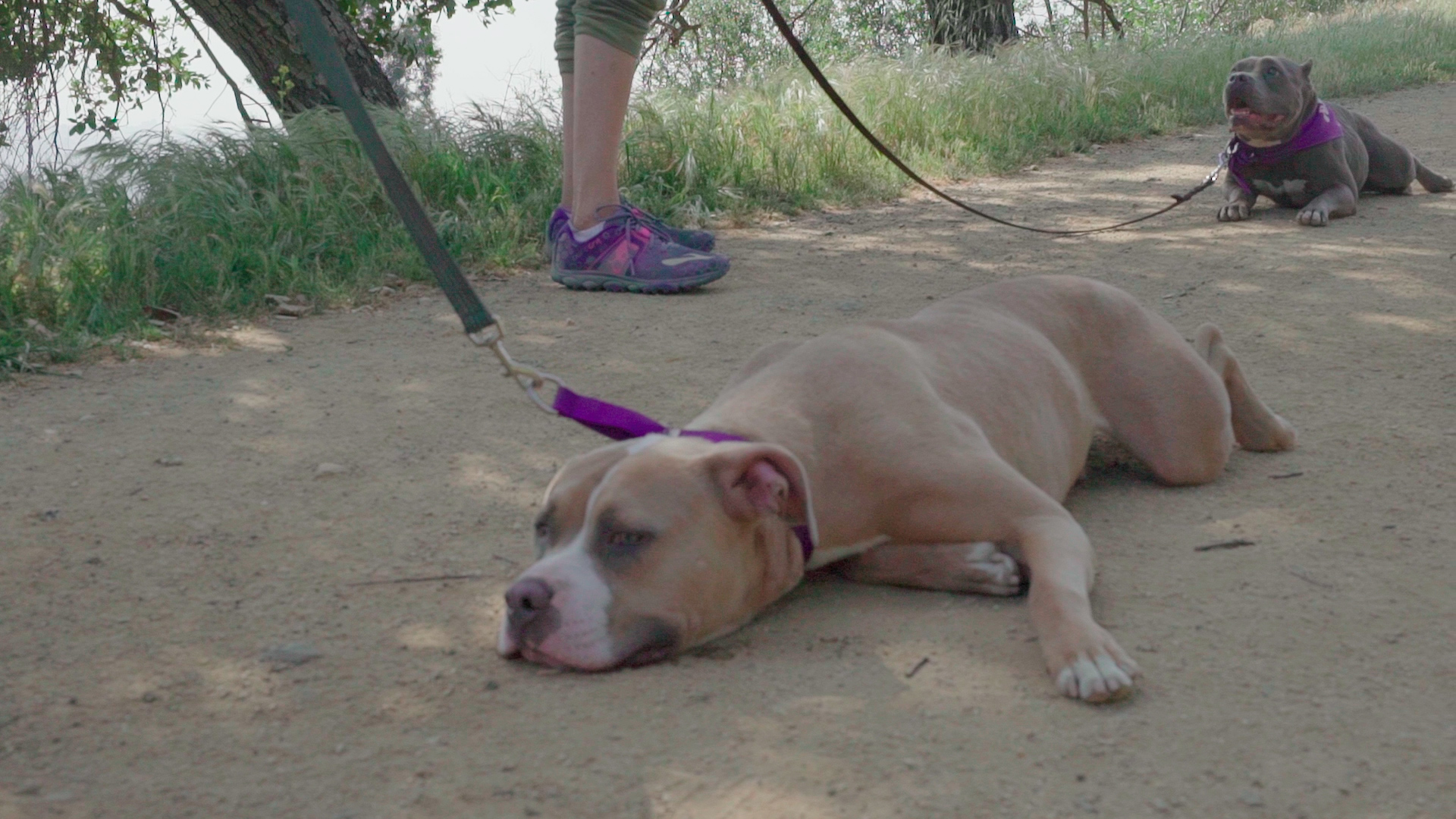
Also published on Medium.



